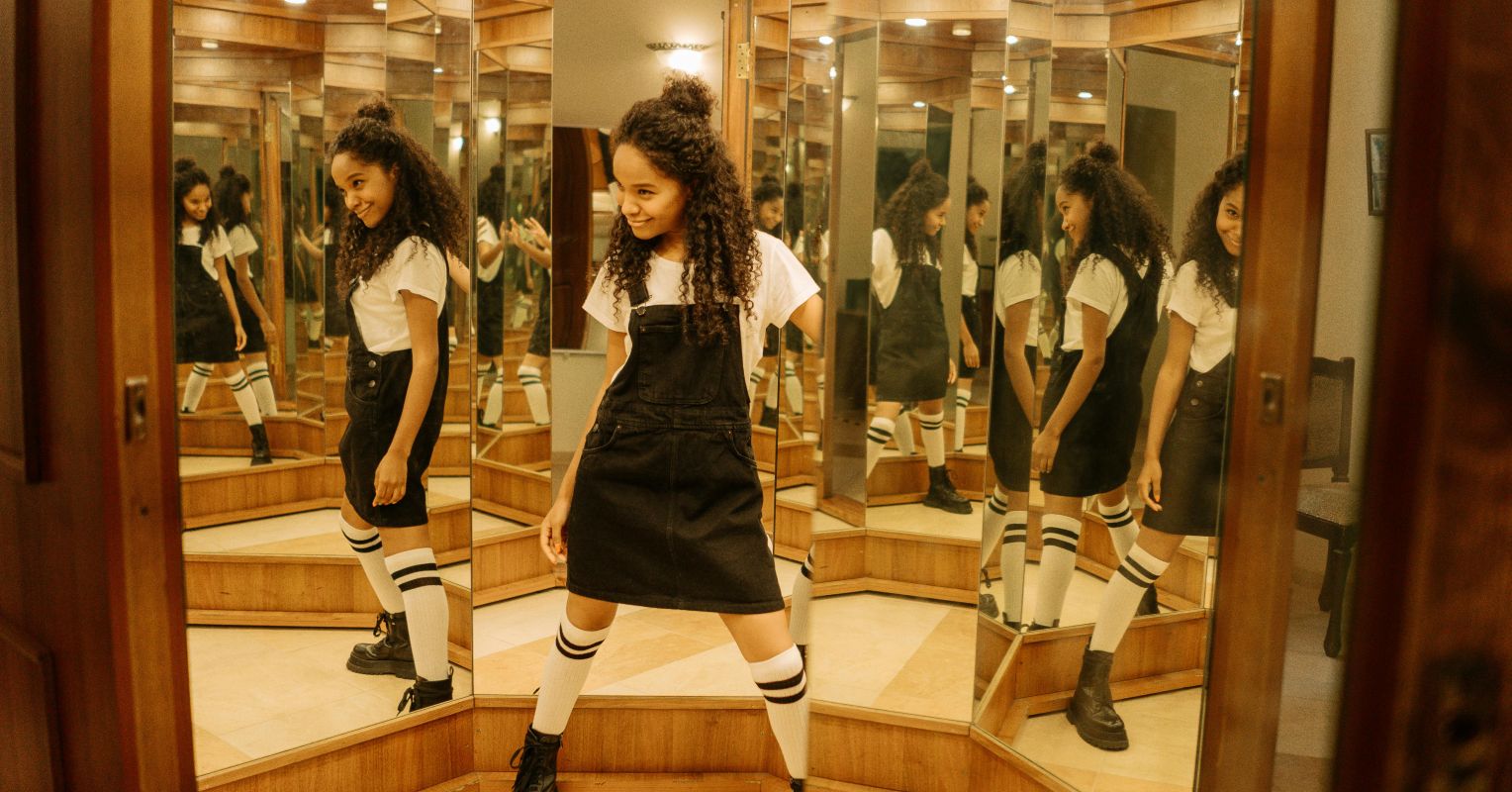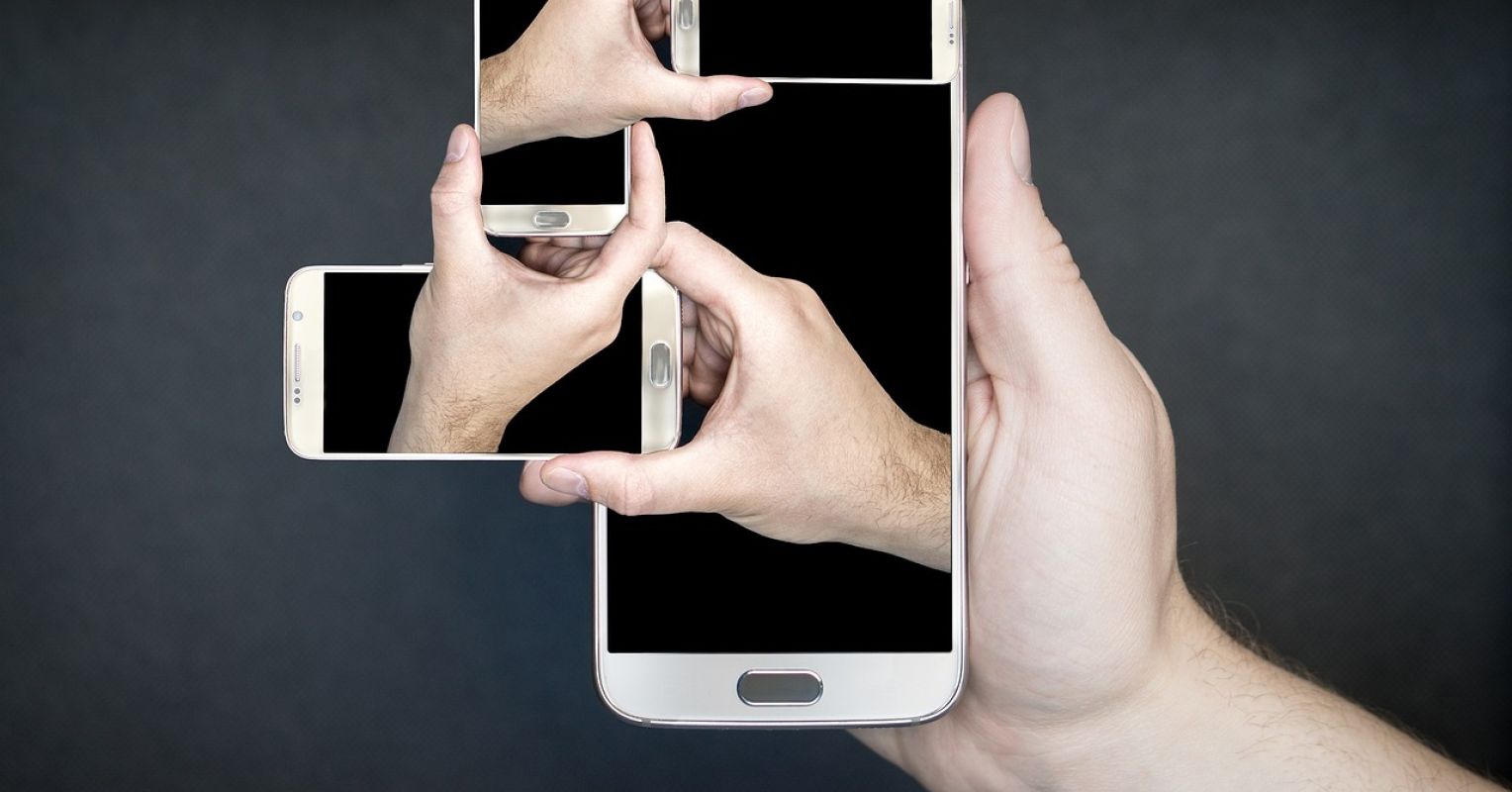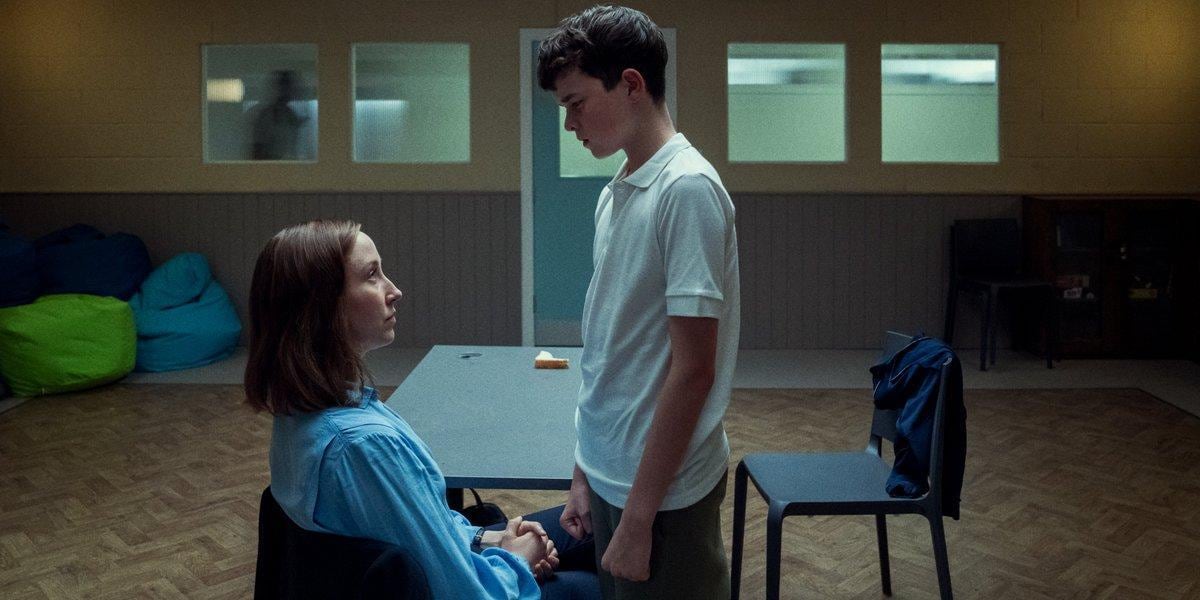#adolescence
#adolescence
[ follow ]
#parenting #mental-health #netflix #brain-development #television #friendship #communication #identity
fromwww.theguardian.com
3 weeks agoFor a moment, only that story matters': my plan to reignite the all-consuming love of books
A girl on the cusp of adolescence gazes down at a book. Her left hand rests against her flushed pink cheeks, while her right clutches the pages, ready to turn to find out what happens next. She has porcelain-like skin and golden hair seemingly full of air, executed in textures that contrast with the scratchy, loose marks that make up her shirt and the book's pages.
Books
fromIrish Independent
3 weeks agoJessie Buckley wins best actress at Critics Choice Awards - and Timothee Chalamet has emotional words for his partner, Kylie Jenner
Killarney-born Buckley collected the award for best actress for the historical drama Hamnet. During her speech she thanked director Chloe Zhao and co-stars Paul Mescal and Emily Watson, who she called her "north star". "Chloe Zhao, you have reminded me of the power of telling a story and the journey that you can go on to touch the deepest parts of what it is to be alive, thank you," she said.
Film
Relationships
fromSlate Magazine
1 month agoHelp! Our Son Is Getting a Divorce. But We Didn't Expect We'd Lose This Very Important Person in Our Lives.
Adolescent relationships often demand persistent effort and yield little reciprocity because teens can be age-appropriately self-absorbed and disengaged.
fromwww.theguardian.com
1 month agoTess and Claudia quit! Celia farts! It's 2025's most jaw-dropping TV moments
As Jamie is interviewed by psychologist Briony (Erin Doherty), we see him slowly reveal that he's not an innocent kid, but warped by misogyny and a twisted sense of entitlement. The episode was captivating in its acting, but it stayed with you: from Jamie's sudden switch from vulnerability to manipulation, to the moment the camera zooms in on Briony's face as she registers who Jamie really is. Horrifying.
Television
fromBuzzFeed
2 months agoMy Mom Tortured Me - And Made My Brothers Her Enforcers. Years Later, I Finally Discovered Why.
As the headlights swept across the driveway, I saw her standing there - stiff and stern, her body rigid with rage. One hand clutched our dog's leash, the other gripped a glass of water and was trembling slightly - not from fear, but from fury held barely in check. Her jaw was so tight, it looked like it might snap. Brightly lit by the car lights, she hurled the water in my face before I could even say hello.
Mental health
fromVulture
2 months agoInitiative Has 18 Charisma, 19 Dexterity, 20 Strength
I'm listening to Saves the Day's Stay What You Are on the car CD-player, on the way to play Soul Caliber and hold hands with my boyfriend after school ... It's cold, and you can still hear the dull thud of the music from the goth club in the basement under the sushi bar, and I'm wearing a cheap polyester corset, and I think I'm about to be kissed
Arts
fromwww.nytimes.com
2 months agoVideo: Opinion | Am I the Skinniest Person You've Ever Seen?
My sister and I went on a joint diet. She stopped and I didn't. I'm 18. And I'm dragged from school to the hospital. And I'm made to look at myself. [MUSIC PLAYING] I weigh 56 pounds. Do you find you're too skinny? Yes, I am too skinny. But what does it matter? I had turned my body into a project, a revolt against nature Mother nature, my mother. A revolt against womanhood, adulthood. My biggest enemy? Time.
Mental health
fromwww.npr.org
2 months agoA photographer captures life inside Chicago Public Schools
It was an incredible opportunity to photograph and immerse myself in often overlooked communities of children and teens in Chicago. Since I was in my teens and photographing my own family, childhood and adolescence has been a focus of my work. Girl Ascending, my 2010 monograph, explored the social lives and coming-of-age rituals of my daughter, Emma, her friends and teammates.
Arts
fromHuffPost
2 months agoThese Are The Most Common Fights Between Close Friends, According To Therapists
"That stage of life is all about figuring out who you are, which means emotions run high and identity can feel more fragile," said Kristin Anderson, licensed clinical social worker, founder of Madison Square Psychotherapy . "Because teens are still developing emotion regulation skills, small misunderstandings can escalate quickly in ways that are less common in adult relationships."
Relationships
fromPsychology Today
4 months agoCulture, Stress, and Teens: The Power of Family Support
Adolescence can be characterized as a period of development, experimentation, and discovery. However, for the majority of teenagers, it is also a period with added stress. School pressures, social media influence, shifting friendships, and identity exploration can become a heavy load on adolescents. While some stresses involved are inevitable when growing up, too much stress that isn't dealt with properly can become harmful and lead to anxiety, burnout, or illness in the long run.
Mental health
fromwww.theguardian.com
4 months agoAdolescence triumphs at the Emmys while The Studio breaks records
Netflix's breakout drama Adolescence has triumphed at this year's Emmys, winning six awards. The series, which became the streamer's second most-watched show ever, won for limited series, directing and writing and also picked up three acting awards. Owen Cooper became the youngest ever winner of the award for best supporting actor in a limited series. In his speech, the 15-year-old called the experience just so surreal.
Television
fromPsychology Today
4 months agoParents, Adolescents, and the Power of Regret
Looking back, most parents and adult children are going to have some regrets about their adolescent time together. They may regret what they did (commission) or didn't do (omission)-mistakes made or opportunities missed. Commission regrets might be: "I wish I hadn't lied to them about so much and grown so far away." Dishonesty costs intimacy, creating distance from distrust. Or: "We held onto her too tight when we should have done more letting go!" Their need to control delayed important youthful learning from life experience.
Parenting
Mental health
fromIndependent
4 months agoAsk Allison: My son is struggling to fit in at secondary school and is upset about his sports performance
A 13-year-old boy faces peer teasing during football, reacts with anger, and struggles to form friendships after being placed away from primary classmates.
fromThe Atlantic
4 months agoWhat to Do When You Don't Like Your Kid's Friends
The stakes can feel enormous. Peer influence is real and powerful, and it shifts dramatically during the teenage years. When children are young, they spend most of their time in smaller, more supervised worlds-at home with family and at school with teachers who keep a close eye on them. But as kids move into adolescence and gain more independence, friends start mattering more, filling the space previously held by parents and teachers
Parenting
fromIndieWire
8 months ago'Adolescence' Breakout Owen Cooper Worried About Learning His Lines - Then He Improvised the Hit Show's Most Talked-About Moment
IndieWire Honors will celebrate the creators behind outstanding TV work this season, culminating in a ceremony on June 5 to recognize remarkable artistic contributions.
Parenting
Parenting
fromPsychology Today
8 months agoAdolescence and the Value of Mistake-Based Education
The significance of adult support in adolescent learning experiences.
Mistakes should be normalized in education to help adolescents thrive.
Adolescents' learning is hindered by social insecurities and fear of mistakes.
Parenting
fromPsychology Today
8 months agoCollege Bound and the Changing Adolescent Brain
Adolescence marked by increased reward sensitivity promotes exploration and risk-taking behaviors.
Early-life stress influences brain circuits for reward and self-control in teens.
Supportive environments are crucial for guiding teens' reward-seeking into positive behaviors.
Parenting
fromScary Mommy
9 months agoMom Shares Red Pill Lingo She Heard Her Tween Repeating At Home
The Netflix series 'Adolescence' has sparked discussions about the concept of 'redpilling' among youth.
Parents need to stay aware of the subtle language shifts in their children's conversations influenced by media.
[ Load more ]






















